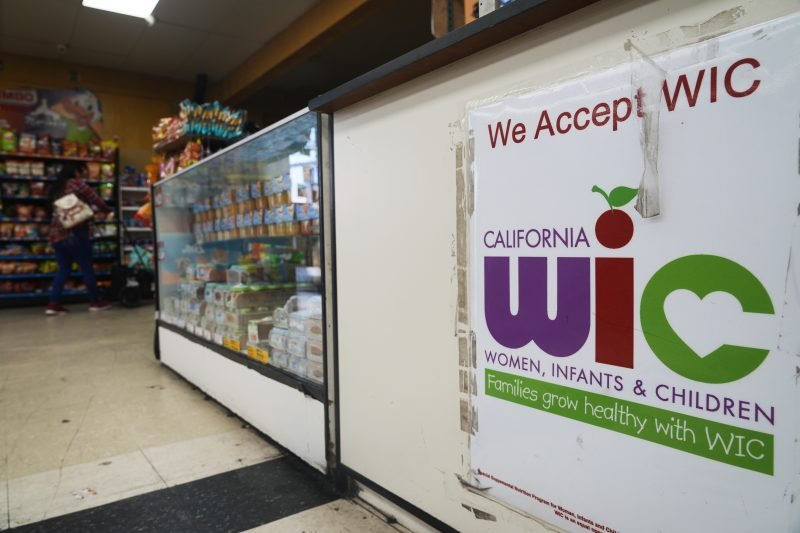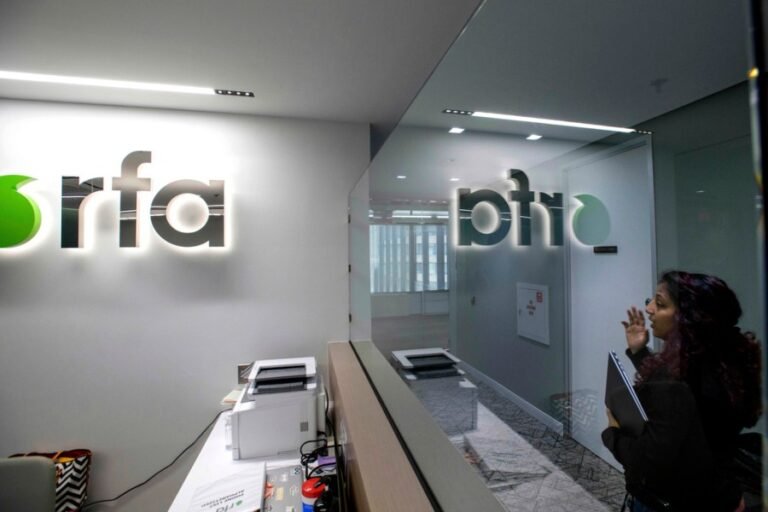
(NEXSTAR) — The U.S. Department of Agriculture has confirmed that federal food assistance will not be disbursed in November as the government shutdown drags on. That will leave more than 40 million people who rely on SNAP (previously known as Food Stamps) without their benefits.
Some states have said they will step in to provide funds for SNAP — while overseen by the USDA, SNAP is administered by state programs — or will be adding extra support to food banks.
It’s also possible that some SNAP beneficiaries will continue to receive food assistance through WIC, or the Special Supplement Nutrition Program for Women, Infants, and Children.
Those funds, however, may also be destined to dry up.
Like SNAP, state programs handle WIC, which administers food assistance and other services to low-income pregnant women, new mothers, people who are providing breastmilk to an enrolled baby under the age of 1, and those caring for a child under the age of 5. Nearly 7 million people in the U.S. receive WIC benefits, according to the National WIC Association (NWA).
WIC was on track to run out of funds in early October but received a boost of $300 million from President Trump’s tariff revenues to maintain benefits through the month. However, those funds may not last much longer.
There are some states that have said they’ll step in to fill the gap. Connecticut Governor Ned Lamont said earlier this month that the state would use funds from its reserves to keep its WIC program operating. On Monday, Nevada Governor Joe Lombardo said $7.3 million in emergency state funds had been approved for use to ensure WIC benefits are available through Dec. 23. Funds will only be used if the USDA does not offer support, local outlets reported.
Others say that, so far, it’s business as usual.
New York’s WIC program “is not expected to” be impacted by the government shutdown, according to its website. WIC programs in Hawaii, Idaho, Kentucky, Louisiana, Michigan, Oregon, and Wyoming say they remain open, while Oklahoma’s program said last week it “is open and operating as usual.”
Officials in California said last week that they expect the state’s WIC program to be “fully operational through November 30,” and that those enrolled in WIC should keep using their benefits until told otherwise by their local WIC office.
Health officials in Utah and Minnesota said their WIC programs will continue to be available into November. In Washington state, benefits are expected to be available “through mid to late November.” Wyoming’s WIC program said Friday that benefits are anticipated to be available “at least through November.”
The situation appears more dire in other states.
Last week, Colorado officials said its WIC program “can continue through at least October 2025,” with no update looking ahead to November.
In Wisconsin, officials say October WIC benefits are available and, “based on what we know today, November benefits will be available.”
Funding for WIC is expected to be available in Ohio into November, but a spokesperson for the state’s health department would not say if it would last through the month, according to a report.
Benefits may not last beyond “early November,” the North Carolina Department of Health and Human Services said Monday, adding that it is “currently exploring all options to maintain these benefits if NCDHHS does not receive federal funding for WIC.”
If you’re unsure about whether your WIC benefits will be interrupted next month, you may want to contact your local agency.
Meanwhile, a bill that would fund WIC during the government shutdown was introduced in the House on Tuesday. The bill, The Hill reported, is relatively similar to a separate bill to fund SNAP through the shutdown.


